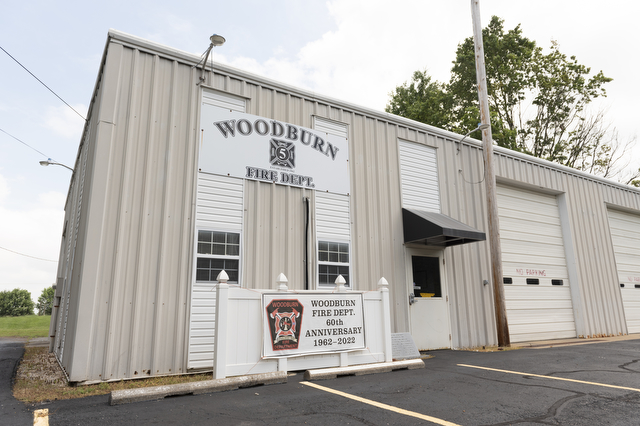Changes in store for foster care system
Published 10:15 pm Saturday, April 7, 2018
It hasn’t garnered the attention of high-profile pension and spending bills, but legislation reforming Kentucky’s adoption and foster care system could have a broad impact on children in the system and on the public and private agencies that deal with child welfare.
House Bill 1, passed unanimously by the Senate and by a 90-1 vote in the House, includes a provision that would expand the definition of blood relative for child placement as one way of addressing the large number of Kentucky children now in foster care and awaiting permanent homes.
According to committee testimony on the bill sponsored by House Majority Caucus Chairman David Meade, R-Stanford, Kentucky is home to more than 8,600 foster children.
In a news release, Meade described the bill as an opportunity to “start changing lives for some of the most vulnerable.”
Brian “Slim” Nash sees the need every day in his role as director of Western Kentucky community-based services for the Uspiritus adoption and foster care agency.
“We can’t find enough foster homes for all of them,” said Nash. “Some may end up in group homes or in emergency centers.”
The increase in foster children can be chalked up in large part to the rapid increase in the use of prescription and nonprescription opioid drugs, according to another foster care professional.
“The demand right now is very high,” said Pam Priddy, chief strategy officer for Necco, a foster care agency with an office in Bowling Green. “A lot of kids coming in to foster care are related to opioid issues.
“The demand is higher than ever. We’re focusing on recruiting foster parents, but there’s definitely a shortage.”
Uspiritus and Necco are part of a growing number of private foster care agencies that contract with the Kentucky Cabinet for Health and Family Services to place children in foster homes.
The increase in the number of children those agencies are trying to place, while exacerbated by the opioid crisis, started with the state’s 2014 juvenile justice reform that was intended to reduce the incarceration rate for juveniles.
Kevin Kirk, regional director for the Benchmark Family Services foster care agency in Bowling Green, said that 2014 legislation had unintended consequences.
“Kids that would have been placed in detention or probated to the Department of Juvenile Justice are now being placed in foster care,” Kirk explained.
Because of that growth, Nash said those in the foster care profession are having to find “creative ways” to meet demand.
One of those creative strategies is to utilize “fictive kin” as potential homes for foster children. As Nash explains, fictive kin are people who are regarded as being part of a family despite not being related by blood or marriage.
“These are important people in the child’s life who can provide care if the biological parent can’t,” he said.
Expanding the definition of blood relative to include fictive kin is one of the aspects of House Bill 1 that Nash and others see as positive.
The bill requires the Cabinet for Health and Family Services to designate a study group to make recommendations regarding the creation of performance-based contracting for child-placing agencies. It also requires a study about privatizing all foster care services in the state.
The legislation creates a “putative father registry” so a child’s possible (but not verified) biological father can be notified of the child’s prospective adoption and also allows the state to seek termination of parental rights for new mothers who won’t seek drug treatment after giving birth to a drug-addicted baby.






